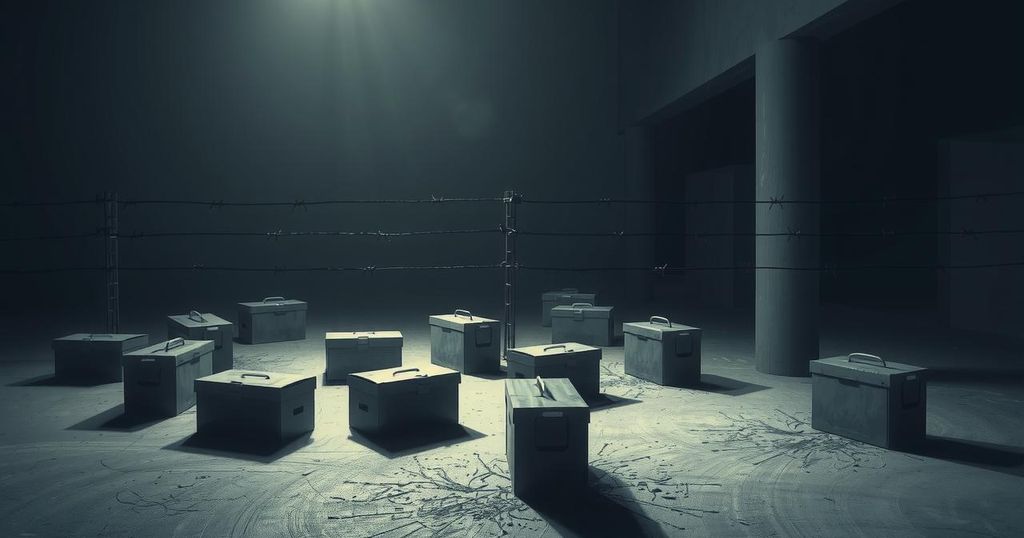Elections in Ecuador Amidst Rising Violence and Economic Crisis

Ecuadorian President Daniel Noboa announced a 27% tariff on imports from Mexico amid ongoing diplomatic tensions. His decision, viewed as an attempt to bolster his leadership image, has puzzled economists given Ecuador’s dependency on Mexican medicine. As Noboa campaigns for re-election, the backdrop of violence and economic strife shapes the electoral landscape. He emphasizes that resolving the nation’s crises will take time.
On February 3, Ecuadorian President Daniel Noboa announced a surprising 27% tariff on imports from Mexico amidst a diplomatic crisis between the two nations. In a response to this development, Mexican President Claudia Sheinbaum expressed that Ecuador constitutes merely 0.4% of Mexico’s foreign imports, deeming an official reaction unnecessary. Economists are baffled by this decision, as Ecuador primarily imports medicines from Mexico. Observers assert that Noboa is attempting to project a strongman image, akin to former President Trump’s recent tariff actions against Mexico.
President Noboa, only 37 years old, is campaigning for re-election on February 9, 2024. He assumed office 15 months ago, following the resignation of former President Guillermo Lasso and the subsequent dissolution of the National Assembly. The ongoing election campaign has been overshadowed by violence, including the assassination of presidential candidate Fernando Villavicencio. The country has faced a serious security crisis for five years, exacerbated by existing energy and economic challenges.
Despite his limited record while in office, President Noboa remains optimistic about securing a first-round victory in the upcoming elections. He has repeatedly stated, “Nothing can be solved in a year,” to emphasize the complexities of the current national issues facing Ecuador. The results of the impending elections will be critical in determining the future course of the nation amidst its troubling circumstances.
Ecuador is currently undergoing significant political and economic challenges, marked by a five-year security crisis and heightened violence. The recent assassination of a presidential candidate has intensified these difficulties during the campaign period. Furthermore, President Noboa’s hasty tariff decision reflects ongoing tensions with Mexico, a situation further complicated by the nation’s reliance on Mexican imports, particularly in the pharmaceutical sector. As Noboa campaigns for re-election, the interplay of domestic crises may ultimately shape electoral outcomes and government policy.
In conclusion, President Daniel Noboa’s unexpected tariff on Mexican imports amidst a diplomatic feud has raised eyebrows, particularly given Ecuador’s reliance on Mexican pharmaceuticals. With the upcoming re-election, Noboa must navigate a complex landscape defined by violence and economic turmoil, all while attempting to project a strong leadership image. His assertion that substantive change cannot occur within a year underlines the profound challenges ahead for the Ecuadorian government and its citizens.
Original Source: www.lemonde.fr







